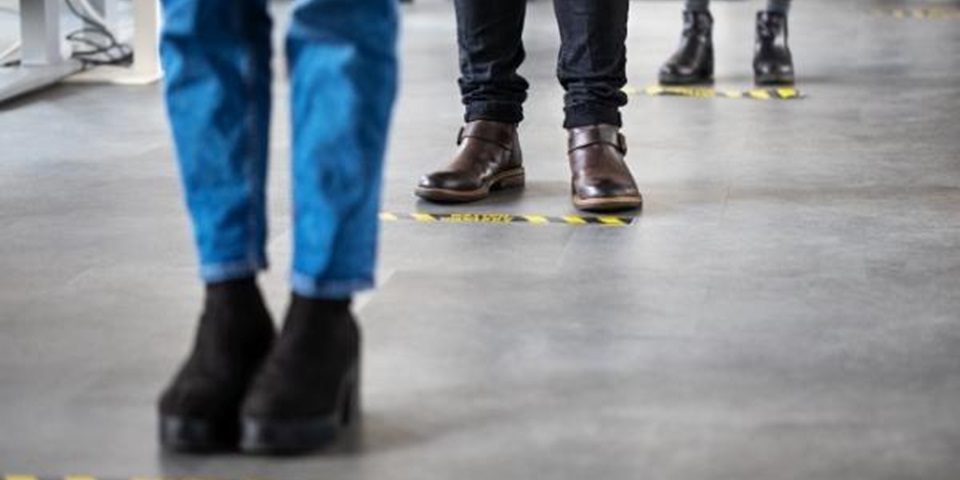News
Why do people (not) follow public health recommendations during the COVID-19 pandemic?

With the Omicron variant seeding itself in our communities, public health guidelines such as social distancing and mask-wearing will be at the forefront of our minds.
Three Murdoch University researchers have been investigating why people choose to follow (or not follow) public health recommendations during the COVID-19 pandemic, with a specific focus on social distancing.
Dr David Lewis, the chief investigator who is a Member of the Centre for Healthy Ageing in the Health Futures Institute at Murdoch, says the research may provide important insights into the psychological processes underlying people’s decisions to follow (or not follow) COVID-19 public health guidelines.
“We have witnessed quite mixed adherence to public health and safety guidelines, such as mask-wearing and social distancing. This is consistent with people basing their behaviour on something other than the information provided in public health messaging. Our research findings suggest that what someone sees other people doing has an important influence on how serious that person perceives the disease to be, and that in turn influences their decisions with respect to following (or not following) public health recommendations,” Dr Lewis said.
As James Norton, a student researcher who worked under Dr Lewis’s supervision, put it, “if someone’s social circle is full of people who are not engaging in social distancing or not wearing masks, that person may use those other people’s behaviour as an indicator that the disease is not a serious concern – and consequently may be less likely to follow those public health recommendations.”
Dr Lewis’s team has been working with colleagues in the Czech Republic and United States and first published their findings in the journal Frontiers in Psychology last year.
Their research also points toward the important role that prominent public figures and social influencers may have through their own behaviour.
“Because we are frequently exposed to those people on traditional and social media, their behaviours may be particularly influential, as they may impact how serious the general public perceives the disease to be. When they engage in behaviours like mask-wearing, they can provide what is known in social psychology as ‘social proof’, which can reinforce the idea that these guidelines are important,” remarked Mr Norton.
“Political leaders, celebrities, athletes, and other influencers could have a profound impact on people’s perceptions of – and actions towards – the pandemic.”
The researchers found that the general public may be relying on the behaviour of others because we cannot tangibly see COVID-19 for ourselves, and therefore cannot directly gauge the threat it presents until it may be too late.
As Mr Norton put it, “we do not see or feel the moment COVID-19 transmits from one person to another, and by the time symptoms start showing – if they manifest at all – infected individuals may have already been contagious and moving through our communities. This highlights the importance for people to take the precaution of socially distancing and wearing masks into their own hands and to not rely on what they see modelled in other people. In doing so, we can hopefully minimise the spread as we re-open to the rest of the world.”
News
Why do people (not) follow public health recommendations during the COVID-19 pandemic?
Posted on
Topics